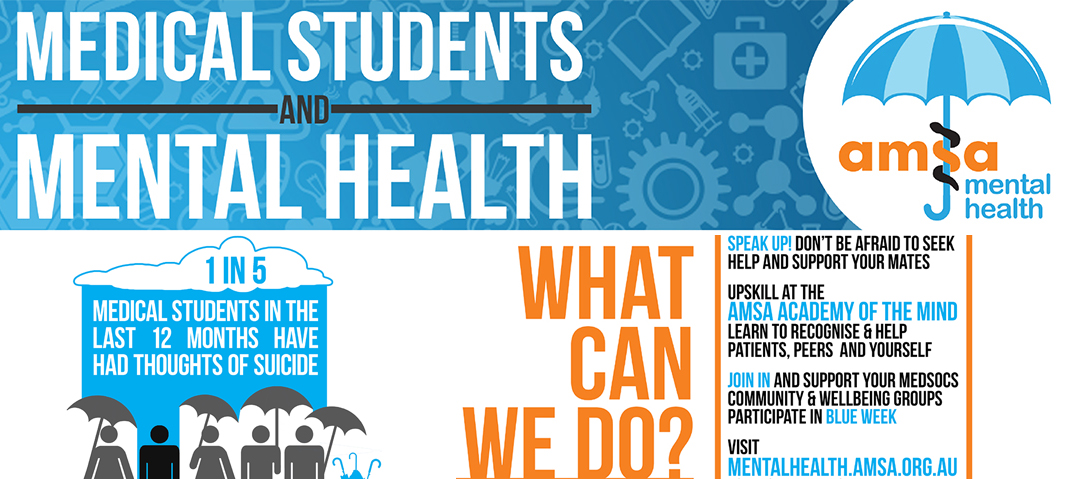Getting admission to study your favorite course at the university is always very exciting. You have dreams of living independently, meeting new people, going to parties, making new friends, and so many other experiences.
However, this excitement is short-lived once you start lectures. Students are put under immense pressure with assignments, papers, and deadlines. It is therefore not a surprise that the issues of mental health are rising at our universities nowadays. More students are feeling depressed and a lot of students admitted have suicidal thoughts at some point. Most experts believe that the government and universities are simply not doing enough to help students. Some experts have recommended changing curriculum in such a way that students will have more time to take care of their mental health.
A research conducted by the National Alliance on Mental Illness revealed that one in 4 students have a diagnosable illness, 40% do not seek help, 80% feel overwhelmed by their responsibilities, and 50% have become so anxious that they struggled in school. The identified mental health problem among students include anxiety, depression, eating disorders, addiction, and suicide.

What You Need To Know As a Student
Universities are starting to implement various mental health programs and initiatives for students. Unfortunately, they are not doing enough yet. Again, with growing cases of mental health problems, universities are battling with limited resources to help students. Thus, you need to learn how you can help yourself as a student. Some of what you can do include:
1. Understand Mental Health Challenges Are Real
Understand that mental health challenges are real. You need to learn how to identify the symptoms of mental health and learn various ways you can deal with it. As a student, search for programs and initiatives created by your university to help students with mental health concerns and register. Most of these programs are free for students. It is important that you take advantage of them.
2. Talk to Someone
Never be afraid or ashamed to talk to someone about your mental health problem. If you think you might be having some challenges with your mental health, talk to your friends. You should also seek professional help.
3. Research Ways You Can Help Yourself
Fortunately, there are so many tips online on how you can deal with mental health issues. Some of these solutions include having an active lifestyle, adopting a healthy routine, exercising, and trying digital therapeutic support. Some of these aforementioned solutions can help you overcome your mental health challenges.
4. Take a Course in Mental Health
Most universities offer courses in mental health. You could take a course in mental health to learn how you can help yourself and others. In recent years, a lot of students are beginning to develop an interest in school counselor masters program. This type of master program can help you become an expert in mental health problems among students.


